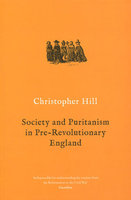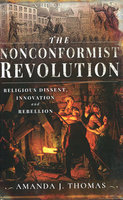New, Quality Books - 50-90% off, over 2500 titles
Your basket is empty.
Categories Historical Biography TURBULENT, SEDITIOUS AND FACTIOUS PEOPLE
TURBULENT, SEDITIOUS AND FACTIOUS PEOPLE
Book number: 93505
Product format: Paperback
In stock
Bibliophile price
£6.00
Published price
£14.99
Customers who bought this product also bought
|
SOCIETY AND PURITANISM IN PRE-REVOLUTIONARY ENGLAND
Book number: 93502
Product format: Paperback
Bibliophile price
£8.00
Published price
£19.99
|
LONDON CABBIE'S QUIZ BOOK
Book number: 92455
Product format: Paperback
Bibliophile price
£5.50
Published price
£14.99
|
BLACK BANNERS OF ISIS: The Roots of the New Caliphate
Book number: 92651
Product format: Hardback
Bibliophile price
£4.00
Published price
£20
|
|
NONCONFORMIST REVOLUTION: Religious Dissent,
Book number: 93405
Product format: Hardback
Bibliophile price
£7.50
Published price
£25
|
KEEPING CHICKENS: Practical Advice for Beginners
Book number: 93638
Product format: Hardback
Bibliophile price
£4.50
Published price
£19.95
|
VOICES OF COLDITZ
Book number: 93778
Product format: Hardback
Bibliophile price
£6.00
Published price
£25
|
Browse these categories as well: Historical Biography, Religion & Philosophy, History







